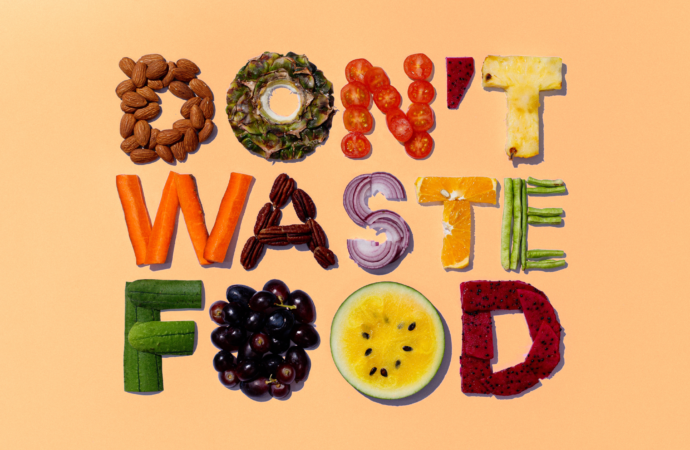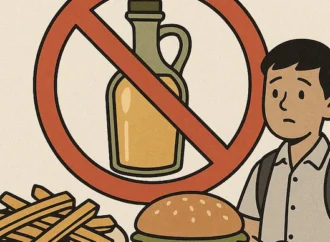On Stop Food Waste Day, we delve into the correlation between food waste and food safety and explore practical ways to mitigate both.
The Link Between Food Waste and Food Safety
Food waste isn’t just a matter of excess consumption; it also poses significant risks to food safety. Discarded food often ends up in landfills, where it decomposes and releases harmful greenhouse gases. Moreover, wasted food can attract pests and vermin, leading to contamination of surrounding environments.
Bacteria Proliferation in Wasted Food
When food is wasted, it undergoes decomposition, providing an ideal breeding ground for bacteria such as Salmonella, E. coli, and Listeria. These pathogens can thrive in discarded food, posing a severe risk if they come into contact with fresh food items or food preparation surfaces.
Food Waste at Home and Its Impact on Food Safety
Households are significant contributors to food waste, often due to improper storage, overbuying, or neglecting leftovers. Unattended leftovers in refrigerators can spoil quickly, harbouring harmful bacteria and increasing the likelihood of foodborne illnesses. By minimizing food waste at home, individuals can enhance food safety for themselves and their families.
Commercial Food Waste and Public Health
Restaurants, grocery stores, and food manufacturers also play a crucial role in food waste management. Improper handling and disposal of expired or surplus food items can lead to contamination, foodborne outbreaks, and reputational damage. Implementing effective waste reduction strategies not only benefits the bottom line but also safeguards public health.
Strategies to Reduce Food Waste and Enhance Food Safety
a. Proper Storage: Store perishable items such as fruits, vegetables, and dairy products in the refrigerator to prolong freshness and prevent spoilage.
b. Portion Control: Serve and consume appropriate portion sizes to minimize leftovers and avoid unnecessary waste.
c. Meal Planning: Plan meals in advance, considering perishable ingredients to reduce the likelihood of food spoilage.
d. Preservation Techniques: Utilize techniques like freezing, canning, and pickling to extend the shelf life of food items.
e. Donation Programs: Support food banks and charitable organizations by donating surplus food items rather than discarding them.
Conclusion
Stop Food Waste Day serves as a poignant reminder of our collective responsibility to address the global issue of food waste. By adopting mindful consumption habits and implementing waste reduction strategies, we not only contribute to environmental sustainability but also safeguard food safety for present and future generations. Let’s pledge to minimize this every day, ensuring a safer and healthier food supply chain for all.
 Food Manifest
Food Manifest 


















Leave a Comment
Your email address will not be published. Required fields are marked with *